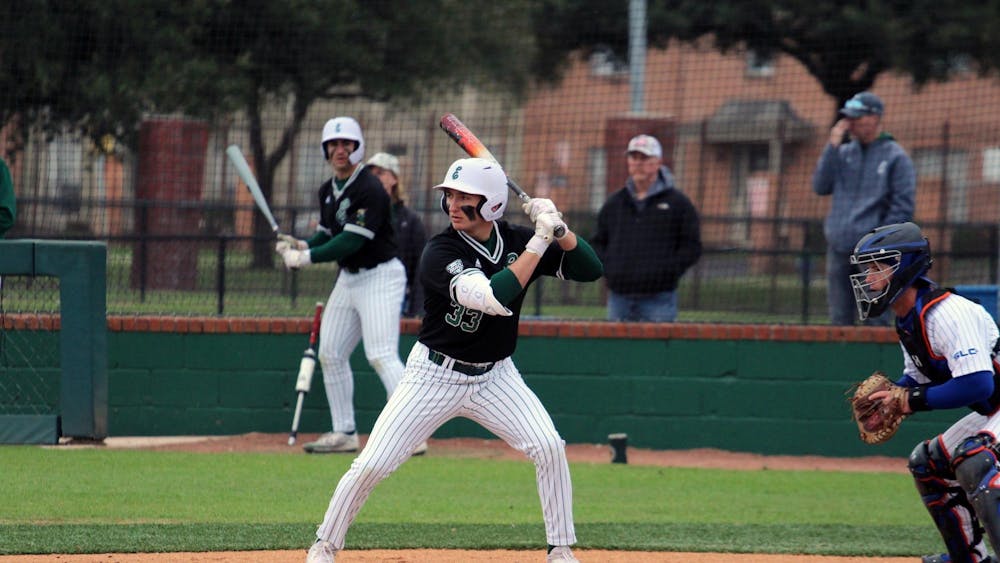Eastern Michigan University’s Model United Nations group discusses ideas that could potentially relate to saving countries, practicing teamwork and preparing for hard-hitting future careers.
At a simulation of a United Nations Economic and Social Council session Thursday, members of Model UN talked about what it’s like to be a part of an award-winning team.
“I think you get the chance to participate and get insight to understanding if you want to be in foreign relations,” said Tarefe Ejigu, a junior who has been a member of Model UN for a year. “It gave me insight of what I really wanted to do.”
In order to discuss world-related topics, for example, the group of 20 students represented countries ranging from Angola to the United States.
“We take actual issues while each of the members of our group represents a country and we attempt to gain a resolution for each issue,” sophomore Nino Monea said.
Thursday’s issue was reproductive rights, and EMU’s Model UN team took a look into the topic by focusing on countries such as Uganda.
To do so, each member was initially given a picket expressing the countries beliefs and background information, following motions, traditions and situations. This helped form a foundation of knowledge among students so to mirror a real ECONSOC meeting.
“We have sessions to know UN procedures and promote knowledge of what goes on during a UN meeting,” political science professor Rich Staller-Sholk said. “This is training, leadership and arguing on your feet.”
Members of the on-campus group encouraged newcomers to join but explained people should know a fair amount of work is involved in order to succeed in Model UN; there’s a difference between joining the group and participating.
“You have to know some of these issues inside and out if you want to debate and get the people on your side,” Monea said.
Research is encouraged, and one class, which is almost mandatory: PLSC 343.
With few in attendance to watch the model UN, the team practices for annual American Model United Nations in Chicago and the National Model United Nations in New York.
EMU delegations have received numerous awards over the last 10 years with 24 students who participated in the 2010-11 conferences. During November 2010 in Chicago, EMU represented Chile and Kazakhstan. Students received Outstanding Delegate awards in two committees, as well as two position paper certificates.
EMU teams will represent Bolivia and the Philippines at the 2011 AMUN conference.
“Last year we won two outstanding delegation awards, half of the schools participating come from all over the world, participating from over ten different countries,” Monea said. “The point is to get an agreement and get your point out there. You would like to do well like a competition, but you don’t want to compete.”
With more than 40 students signed up for the team, select few make it to bigger conferences, as the EMU Model UN take as many as its team can afford. For the upcoming conference in Chicago, the team confirmed 20 students would go along.
President Jeff Maeder, who heads the meetings among other responsibilities, said the issues of maternal care and education of reproductive health is an important one.
“We want to provide knowledgeable doctors for third world countries, along with helping countries without the knowledge to learn and understand the needed procedures,” Maeder said. “Helping the world is the conclusion.”
Alumnus Armen Boyagian revisited the group Thursday and had much to share about the experience EMU Model UN had provided him.
“It’s more then just a group, it helps outside of class and after you leave EMU,” he said. “You learn conflict resolution, team building and that alone gives you job opportunities.”







